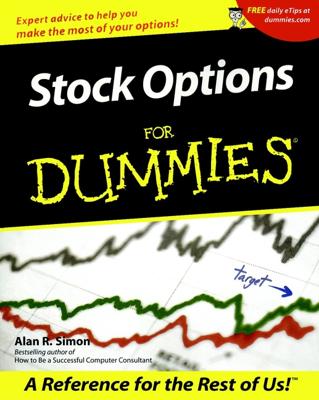Many publicly owned corporations grant their top-level executives management stock options in addition to their salaries and other compensation benefits. Management stock options are a prime example of issuing stock shares at below-market prices.
A management stock option gives a manager the legal right to buy a certain number of shares at a fixed price starting at some time in the future — assuming that conditions of continued employment and other requirements are satisfied.
Usually the exercise price (also called the strike price) of a management stock option is set equal to or higher than the market value of the stock shares at the time of grant. So, giving a manager a stock option does not produce any immediate gain to the manager. If the market price of the stock shares rises above the exercise price of the stock option sometime in the future, the stock options become valuable; indeed, many managers have become multimillionaires from their stock options.
It may seem, therefore, that the management stock options should have a negative impact on the market price of the corporation’s stock shares because the total value of the business has to be divided over a larger number of stock shares.
However, the theory is that the total value of the business is higher than it would have been without the management stock options because better managers were attracted to the business or managers performed better because of their options. The stockholders end up better off than they would have been if no stock options had been awarded to the managers. Well, that’s the theory.

